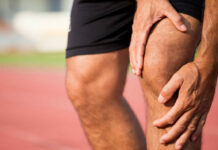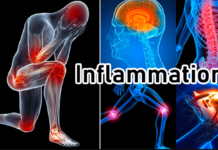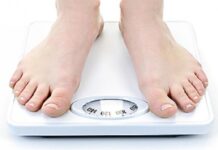Heat is increasing on a global level due to global warming. The world is becoming a hotter place due to this phenomenon. A hike of approximately 0.14°F in temperature has been observed since 1880, but the rise has doubled since 1981. Furthermore, climate change means that extreme levels of heat events will become more common and natural disasters like hurricanes are more likely to occur. Such storms often leave people sweltering without power or air conditioning.
The rise in temperature takes a toll on the human body. You aren’t alone if you’ve suffered the adverse effects of heat. In this article, we will see how heat impacts our health.
Affecting the productivity
You might joke about the office thermostat wars and have a laugh about it. However, the temperature does impact the overall effectiveness of employees in the workplace. According to the research published in the Journal PLoS ONE shows that men do best in temperatures below 70° F. Likewise women do better between 70° and 80°. This gender disparity might not surprise you if you’re the sort of a person who constantly carries a sweater.
You need to take temperature into account before planning or doing anything. Doing so is critical, especially in urban settings. Those who are most susceptible to heat-related illnesses are those living in cities without access to air conditioning.
Aggravating illnesses
Without a doubt, the most serious impact of heat on your health occurs due to heat-related illnesses. These come in three varieties:
- Heat exhaustion – Consider this illness just like your car’s temperature sensor. If you experience any symptoms, please take action on an immediate basis to avoid worsening your condition. You’ll suffer from headaches, nausea, weakness, fatigue, pale and moist skin, and fever. Please move to a shaded and cooler location. You must also remove any excess clothing, and sip cool (not cold) sports drinks to replace fluids and electrolytes.
- Heat cramps – These are painful cramps that typically occur in the legs. They may occur due to heat exhaustion. The treatment is the same as mentioned above, although you should also gently stretch your cramped areas.
- Heat stroke – This is the most severe and harsh heat-related illness. You stop sweating and develop warm dry skin. You may suffer from seizures or loss of consciousness. This condition requires immediate medical attention. If action is not taken in due time, it can be fatal.
Reducing the air quality
Studies have shown that air quality decreases when temperatures climb. Soaring temperatures increase ozone in the atmosphere and particulate matter concentrations. Intake of contaminated air can take a devastating toll on human health. The risk of death rises by 6% on high-heat days and 5% on high-pollution days. However, the chances increase to 21% when both conditions are combined. Pay attention to those air quality warnings on your local forecast and plan your activities accordingly.
Pregnancy period
Finally, high-temperature extremes affect pregnant women in a very bad way. Maternal exposure to heat waves during pregnancy increases the risks of increased blood pressure, preeclampsia, uterine bleeding, and cervical problems that lead to premature birth.
Furthermore, fetuses exposed to heat waves have higher chances of fetal distress and breathing problems at birth. Preterm births also increase. Babies born prematurely often suffer from stunted growth that hinders their ability to thrive.

















